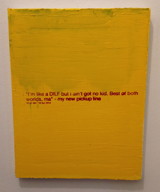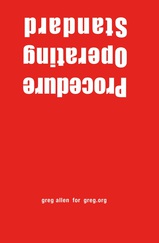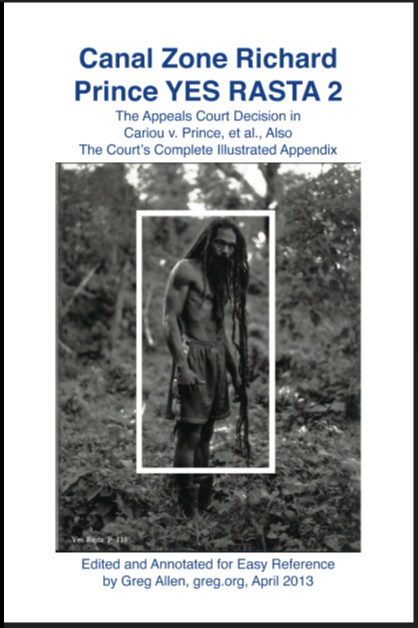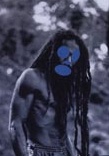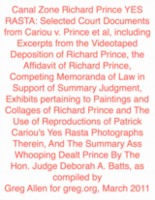You're making a short story about a couple of gay, white trash shepherds into a movie. The story's been optioned but undevelopable since it came out [sic]. In 2003-4, it looks like you might pull it together as "a low-budget, art house film, with no prospect of making any money," but only if you can pull in some actual star power, which, considering the subject matter, is no small feat.
After all, only the bravest, most talented actors are willing to risk being typecast. Only artists of the utmost integrity would put their booming careers and hard-won status as a ladies' man in jeopardy. What if, the reasoning goes, just because you play one in a couple of scenes, people assume you're a selfish, mean-spirited, homophobic prick and never want to work with you again?
Deeply committed to their craft such an actor makes sacrifices, working tirelessly for weeks on end--OK, maybe a week of shooting, plus some foley time--for "economically unfavorable art film terms." That means--unless his agent just stepped off the farm, too--that he takes deferrals and points on the backend instead of his typical eight-figure fees.
The movie gets made. It's a critical darling and a surprise financial success. Everyone involved in the project basks in the glow of an important job well done, and they are gracious in public and private as their careers move to even greater heights.
At least that's the way it goes with gay shepherd movies. For gay cowboy movies, some washed up bit player makes a lame-ass joke at the Golden Globes that falls completely flat, then he up and sues the producers of "movie laundering" by obtaining his oh-so-valuable services on the cheap by pretending to make a non-commercial film. The damages sought: $10 million-plus.
The moral of this story: nobody--but nobody--messes with Randy Quaid.
Randy Quaid Sues Over 'Brokeback' [tmz.com]






